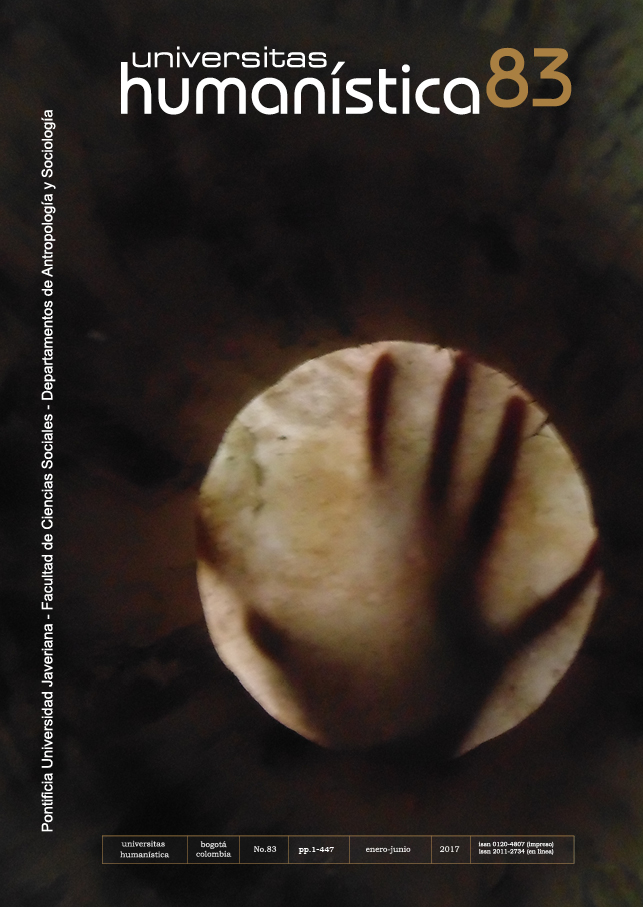Resumen
Este artículo propone un marco de análisis para el estudio de los procesos decisionales asociados a la implementación de los créditos educativos en Colombia, como dispositivo de política pública destinado al fomento del acceso a la educación superior. El enfoque conceptual y la propuesta metodológica aquí presentados recogen elementos del paradigma de la complejidad y su pertinencia en el análisis de políticas públicas. Este marco de análisis se concentra en estudiar las relaciones existentes entre las corrientes de actores, problemas y decisiones de política, en cuya interrelación surgen elementos explicativos sobre la manera en que se dirige el proceso de making policy, desde la elaboración del problema hasta la toma de decisiones. El trabajo concluye con un esbozo acerca del modo en que la elaboración e implementación de los programas de crédito educativo en Colombia, impulsados por el Instituto Colombiano de Crédito Educativo y Estudios Técnicos en el Exterior (ICETEX), reúnen las condiciones para ser analizados desde la perspectiva conceptual y metodológica aquí propuesta.

La revista Universitas Humanística se encuentra registrada bajo la licencia Creative Commons Reconocimiento 4.0 Internacional. Por lo tanto, esta obra se puede reproducir, distribuir y comunicar públicamente en formato digital, siempre que se reconozca el nombre de los autores y a la Pontificia Universidad Javeriana. Se permite citar, adaptar, transformar, autoarchivar, republicar y crear a partir del material, para cualquier finalidad (incluso comercial), siempre que se reconozca adecuadamente la autoría, se proporcione un enlace a la obra original y se indique si se han realizado cambios. La Pontificia Universidad Javeriana no retiene los derechos sobre las obras publicadas y los contenidos son responsabilidad exclusiva de los autores, quienes conservan sus derechos morales, intelectuales, de privacidad y publicidad.
El aval sobre la intervención de la obra (revisión, corrección de estilo, traducción, diagramación) y su posterior divulgación se otorga mediante una licencia de uso y no a través de una cesión de derechos, lo que representa que la revista y la Pontificia Universidad Javeriana se eximen de cualquier responsabilidad que se pueda derivar de una mala práctica ética por parte de los autores. En consecuencia de la protección brindada por la licencia de uso, la revista no se encuentra en la obligación de publicar retractaciones o modificar la información ya publicada, a no ser que la errata surja del proceso de gestión editorial. La publicación de contenidos en esta revista no representa regalías para los contribuyentes.


